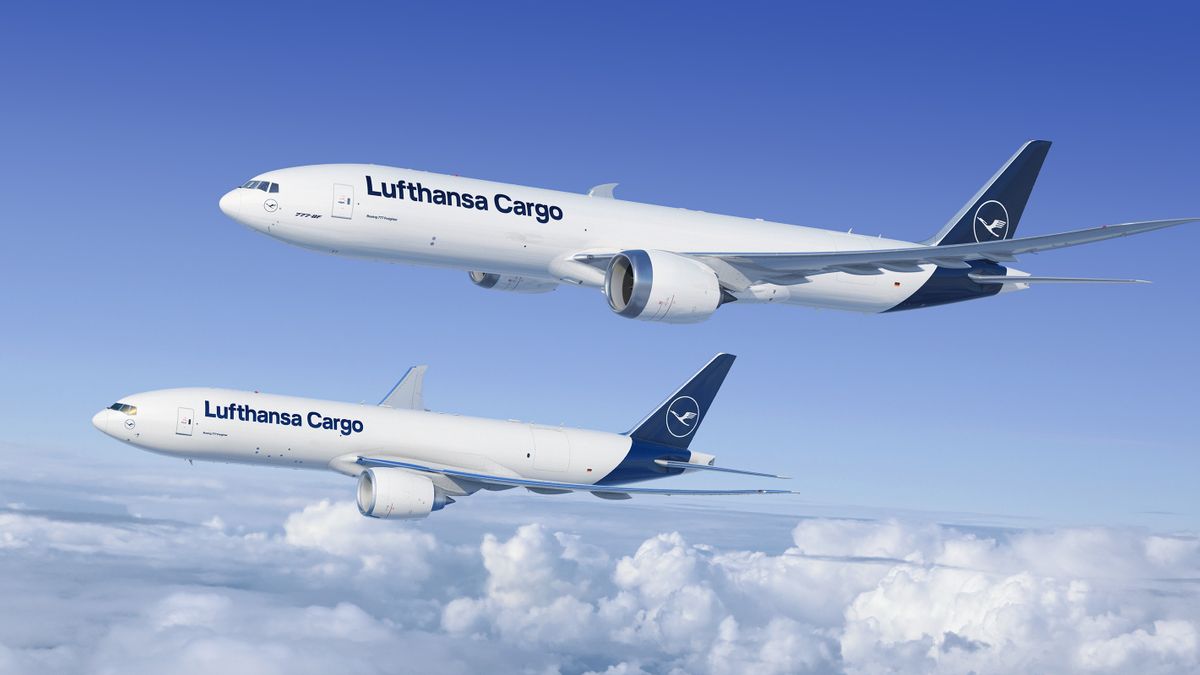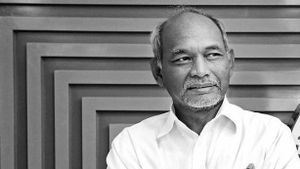JAKARTA – Indonesia has successfully conducted a flight test of the CN235-220 FTB aircraft. This aircraft belonging to PT Dirgantara Indonesia has proven to be capable of using a mixture of biofuel (BBN) in avtur (bioavtur) of 2.4% in October 2021.
This bioavtur is a mixture of refined bleached degummed palm kernel oil (RBDPKO) using a "red and white" catalyst made by ITB, and produced at Pertamina's Cilacap refinery. The result of mixing 2.4% bioavtur is called Jet Avtur 2.4 (J2.4). This biofuel will be improved in the future.
This success attracted the United States (US) aircraft manufacturer, Boeing, to use renewable aircraft fuel sources (biofuel) crude palm oil (CPO) from Indonesia.
This was conveyed by Boeing Senior Vice President, Michael A. Arthur when meeting with the Minister of Transportation, Budi Karya at the Changi Aviation Summit, Wednesday, May 18.
"They will form a team to study the use of CPO, not only fresh, but also leftover (used cooking) to be used as fuel," said Director General of Civil Aviation Novie Riyanto to the media crew.
According to Novie, Boeing will invite aircraft engine manufacturers, such as General Electrics (GE), to conduct research on CPO to become avtur.
Renewable airplane fuels or biofuels made from CPO, or cooking oil residue, are indeed being investigated for their use by aircraft manufacturers such as Boeing and Airbus. Boeing has stated its commitment to use 100 percent renewable aircraft fuel by 2030.
Now a number of trials have been carried out. For example, in 2009 with the airline Air New Zealand, in the CFM engine of the B747 aircraft. In 2018, the Boeing ecoDemonstrator, a Boeing test aircraft for its eco-friendly program, also performed a commercial flight using renewable fuels using a FedEx Express B777 cargo plane.
The world aviation industry has also committed to reducing carbon emissions by 50 percent (from 2005 emission levels) by 2050. Manufactured aircraft are expected to be able to fly 100 percent using biofuels before 2050. This is certainly a big opportunity for Indonesia as the world's largest producer of CPO.
SEE ALSO:
According to research by the US Department of Energy, biofuels can reduce CO2 carbon emissions by up to 80 percent. In fact, it has the potential to reach 100 percent in the future. Indonesia itself has implemented Biodiesel 30 as a commercial fuel in the country.
Only Europe currently still views biofuels as not environmentally friendly, because with increasing demand, it is feared that there will be a lot of deforestation, the conversion of forest functions into oil palm plantations.
Responding to this negative campaign, Director General of Hubud Novie Riyanto said his party will continue to communicate with Europe. His party wants to ensure that the Indonesian government has taken good mitigation steps. "For example, planting one billion mangroves, we also replace oil palm land with new forests," said Novie.
The English, Chinese, Japanese, Arabic, and French versions are automatically generated by the AI. So there may still be inaccuracies in translating, please always see Indonesian as our main language. (system supported by DigitalSiber.id)















